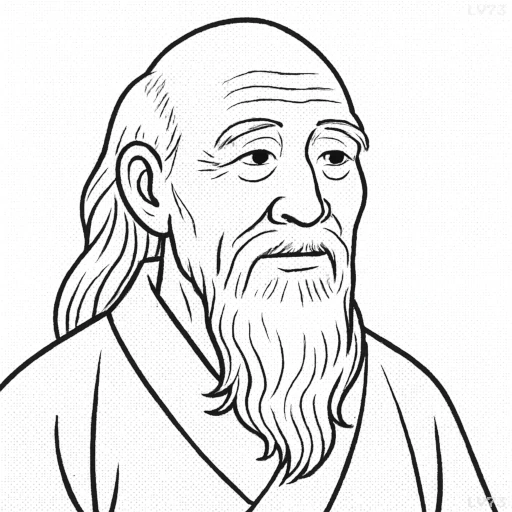“Be the chief but never the lord.”

- 571 BC? – 470 BC?
- Born in China
- Philosopher
table of contents
Quote
“Be the chief but never the lord.”
Explanation
This quote from Laozi reflects the Daoist philosophy of leadership, which emphasizes humility, service, and the importance of leading without seeking control or domination. Laozi suggests that the best leaders do not act as lords, who impose their will and authority upon others, but as chiefs, who guide and serve the people with wisdom, compassion, and a sense of responsibility. The chief, in this sense, leads by example, ensuring that the needs of the people are met while maintaining a balanced, non-dominating presence. The “lord” is associated with the use of power and force, while the “chief” leads through respect, influence, and wisdom.
In modern leadership and governance, this quote calls for a leadership style that is more inclusive, empowering, and focused on the collective good rather than on the individual’s power. True leaders are those who guide and inspire others without seeking to dominate or control. They lead with a sense of service rather than entitlement. This style of leadership fosters trust, cooperation, and unity, as it does not create fear or oppression but instead builds mutual respect and collaboration.
This principle can be applied in many modern contexts, such as business, politics, and community leadership. For example, a CEO who leads by inspiring and supporting their team, rather than by exerting control and making authoritarian decisions, is likely to create a more innovative and engaged workplace. Similarly, a political leader who sees themselves as a servant of the people, working for the common good, rather than as a ruler with unquestioned authority, can help foster a more just and collaborative society. Laozi’s wisdom reminds us that true leadership comes from a place of humility and service, not from the desire to be a lord with power over others.
Would you like to share your impressions or related stories about this quote in the comments section?


